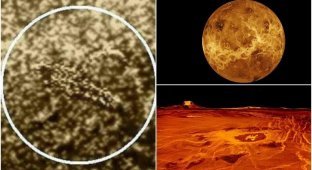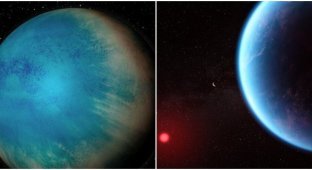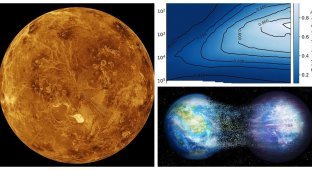Four years ago, scientists discovered the organic gas phosphine in the clouds of Venus. New research points to the existence of life in the atmosphere of Earth's closest neighbor. 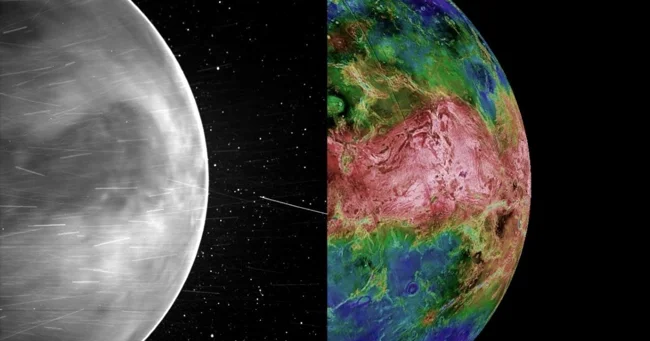
A team of researchers led by Professor Jane Greaves from Cardiff University, using the Green Bank telescope, discovered another gas on Venus - ammonia.
"By all known scientific ideas, they shouldn't be there," says Dave Clements, an astrophysicist at Imperial College London. "Phosphine and ammonia are considered possible biomarkers, including on exoplanets. So their detection in the atmosphere of Venus is of interest from that point of view." 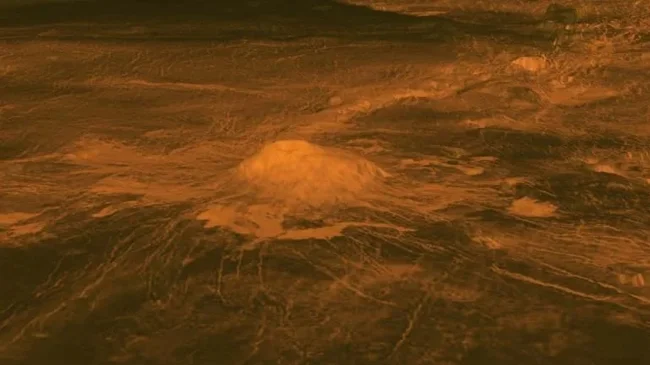
"If ammonia is present in the sulfur dioxide-filled droplets that make up the clouds, it could filter out the acidity for the bacteria to survive," Clements explained.
The scientist added: "If there is life on Venus that produces phosphine, we don't understand why it does it." 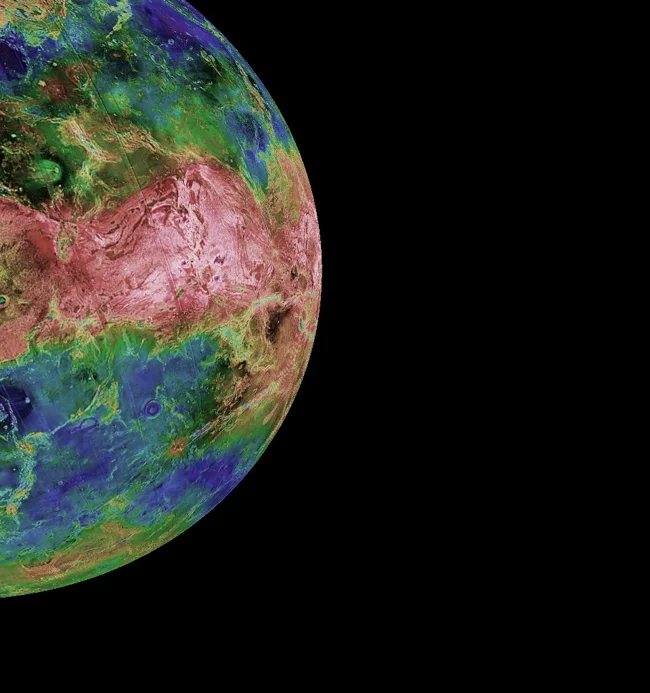
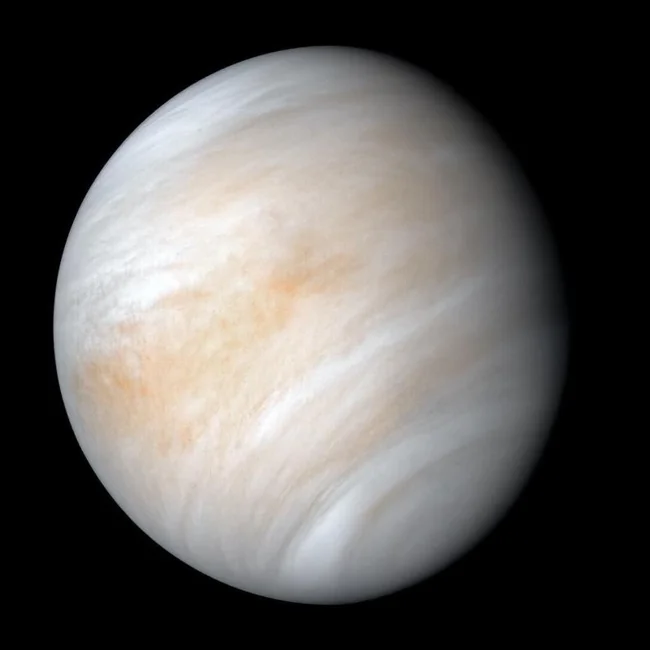
The results of the study were presented at a meeting of the Royal Astronomical Society. Professor Jane Greaves noted that it would be interesting to know whether phosphine and ammonia are the result of microbial life.
"It would be a great way to regulate your environment, for example, to make it less acidic and more livable, to the extent that some of the most extreme places on Earth are," Greaves said. 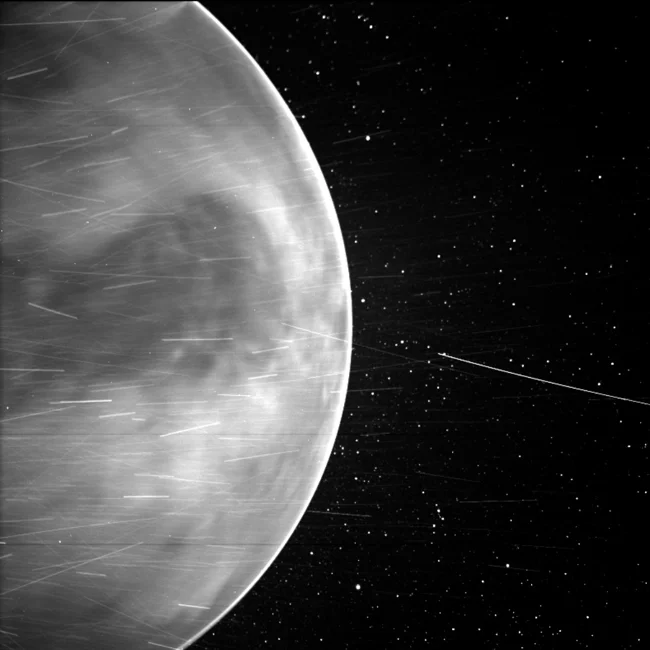
Add your comment
You might be interested in:












